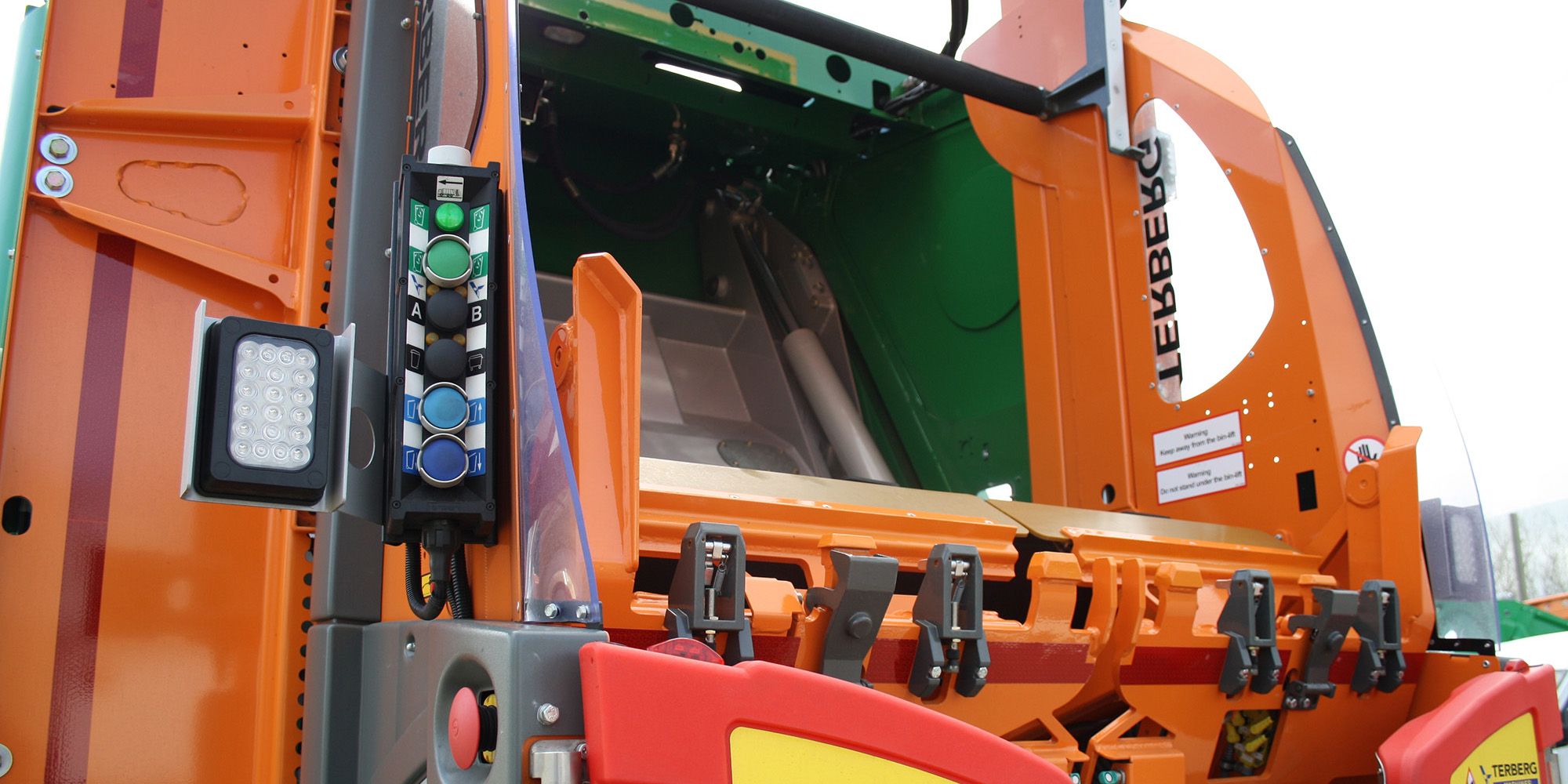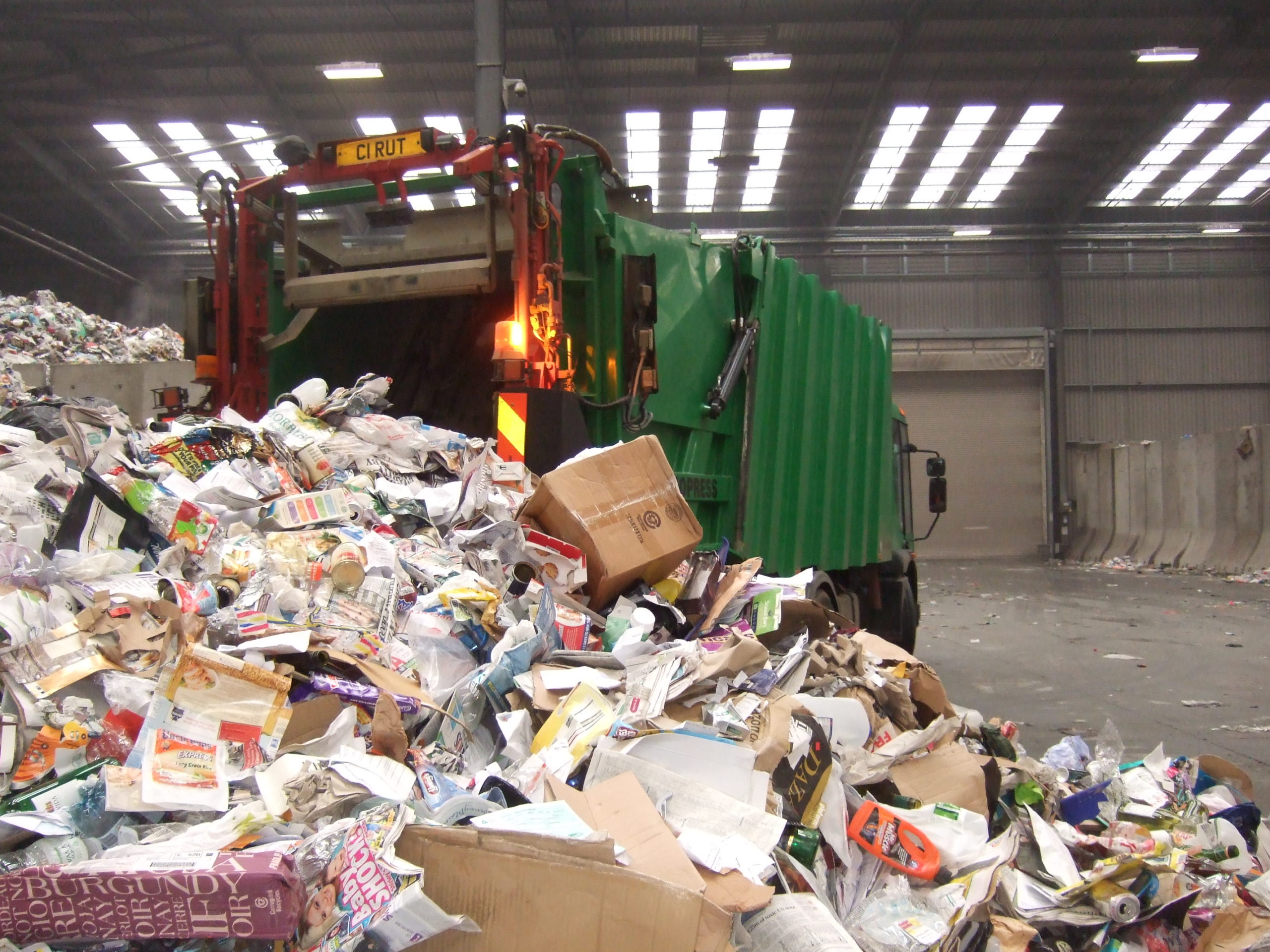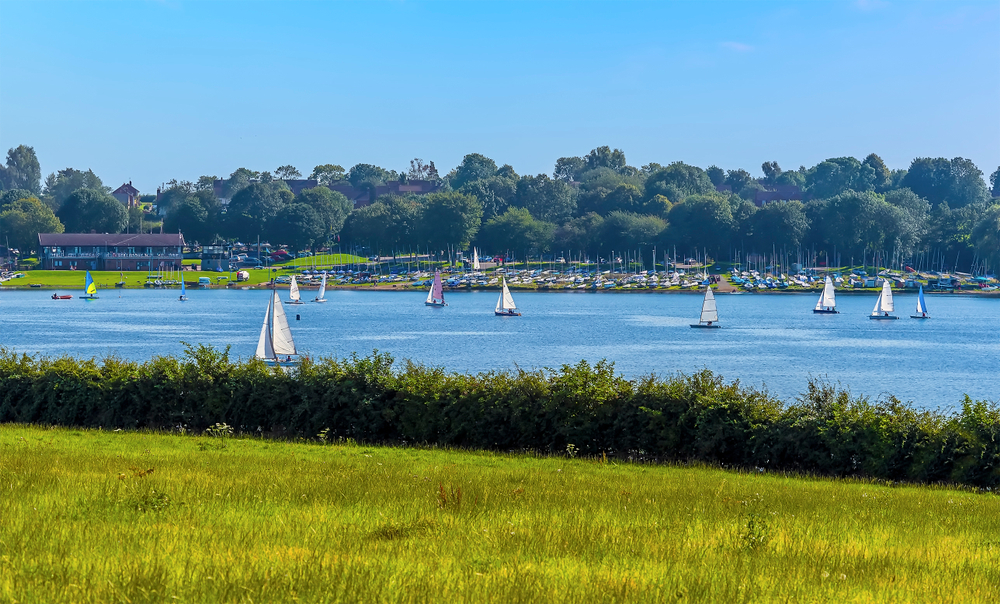Currently, Biffa collects waste in Rutland on behalf of the council, while haulage and treatment of residual waste is carried out by FCC Environment. Casepak treats dry mixed recyclables while Mid UK Recycling treats green waste. Each of these contracts is due to end on 31 March 2024.
The council, the smallest unitary authority in England, says it currently costs £2,633,355 a year to deliver its waste services. It hopes to reduce this by 10% by 2025/26 under the plan.
The council also hopes to increase its recycling rate from 56.4% in the 2019/20 financial year to 65% by 2035.
Rutland serves a population of around 40,000 residents across 17,460 households.
‘Outdated’
Penny Sharp, Rutland’s strategic director of places, is to present the new strategy at a meeting of the council’s growth, infrastructure and resources scrutiny committee. In a report, she described the council’s current strategy as “outdated and redundant”.

An introduction to the new strategy reads: “The timing is good for Rutland: our current waste contracts are coming to an end as is the shelf life of our current waste strategy.
“Of course, all of this sits in the context of the overall authority budget and an increasing sense of urgency regarding the climate crisis. Therefore, how we manage our waste going forwards will change.”
If approved as expected, the strategy sets out several short-term priorities for the period between 2021 and 2024.
These priorities include undertaking “education and promotion activities” to increase capture rates from recyclable material in the residual waste stream and undertaking a kerbside recycling survey to assess the number of households participating in the collection service, amongst others.
Goals
The new waste strategy also sets longer term goals for the council. These are:
- Achieving a kerbside recycling rate of 65% by 2035
- Improving recycling at both the council’s household waste recycling centres (HWRCs) and achieving a target of 85% of waste recycled. The council says its HWRC recycling rate currently averages 77.5%
- Reducing residual household waste arisings to less than 6kg per household per week by 2035, from 9.27kg currently
- Achieving a net-zero waste management carbon footprint before 2050
- Reducing the number of fly-tipping incidents to 200 per year by 2035. In 2019/20 there were 219 incidents, the council says
Its final goal is to reduce streetscene, waste collection and disposal costs by 10% by 2025/26. The council says it faces “significant budgetary pressure” to deliver services with reduced funding from central government. In 2019/20, waste management and streetscene services cost Rutland £214.02 per household to deliver. The council believes driving down residual waste disposal arisings will reduce the cost of treating this waste.
Rutland
In 2019/20, Rutland had around 17,460 households. Fifty-five per cent of residents are ‘rural’, 18% are ‘urbanities’, 17% are ‘suburbanites’ and 8% live in ‘hard-pressed’ urban areas, the council says.

The kerbside household waste collection service comprises a fortnightly collection service of dry mixed recycling, collected using 240 litre wheeled bins on alternating weeks with residual waste, which uses the same containment type and size. A chargeable fortnightly garden waste collection service is also offered, again using the same sized container.
Rutland says it currently costs £199 per tonne to collect and send waste for disposal, £115 per tonne to collect and process recycling, and £91 per tonne to collect and compost garden waste.
In 2019/20, 21,751 tonnes of municipal waste was collected in Rutland.












Subscribe for free